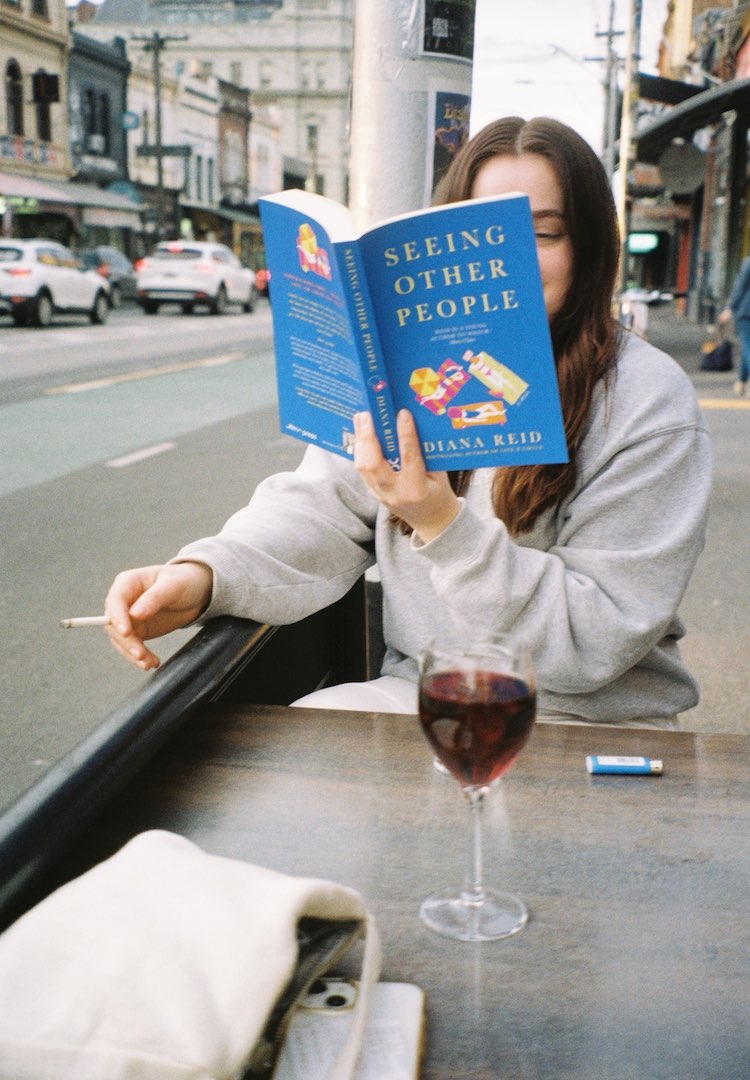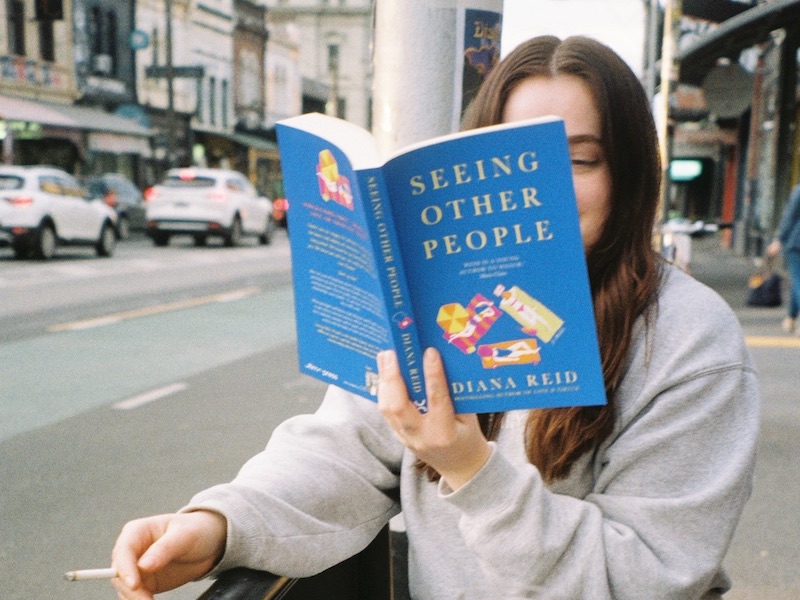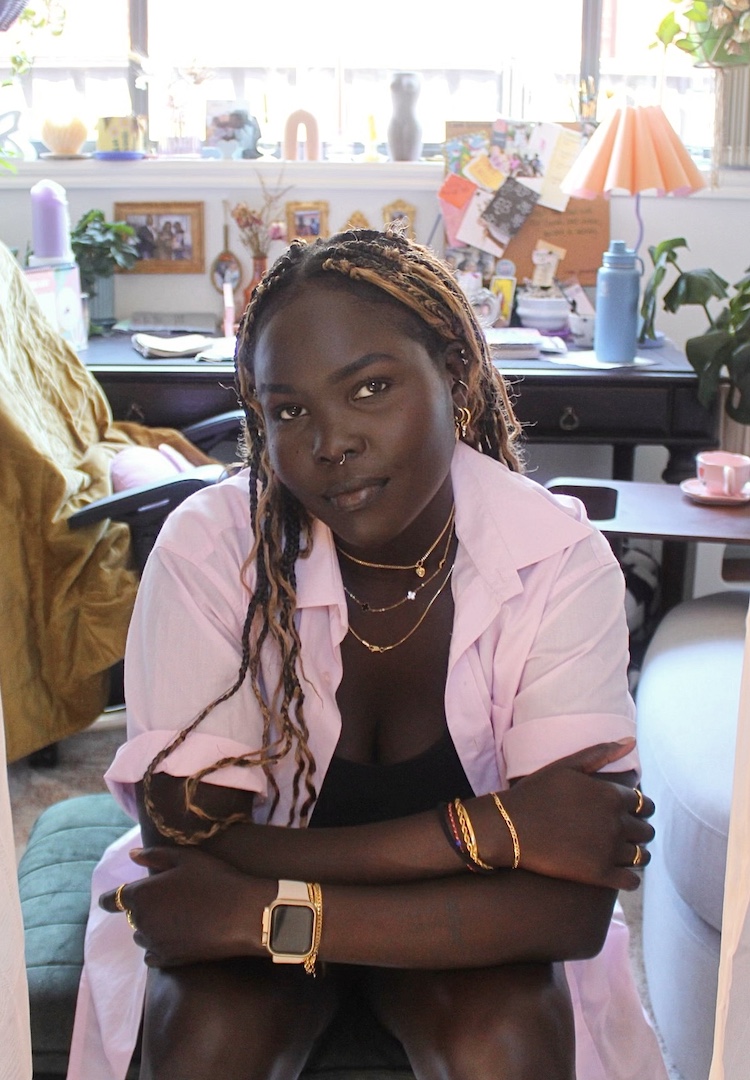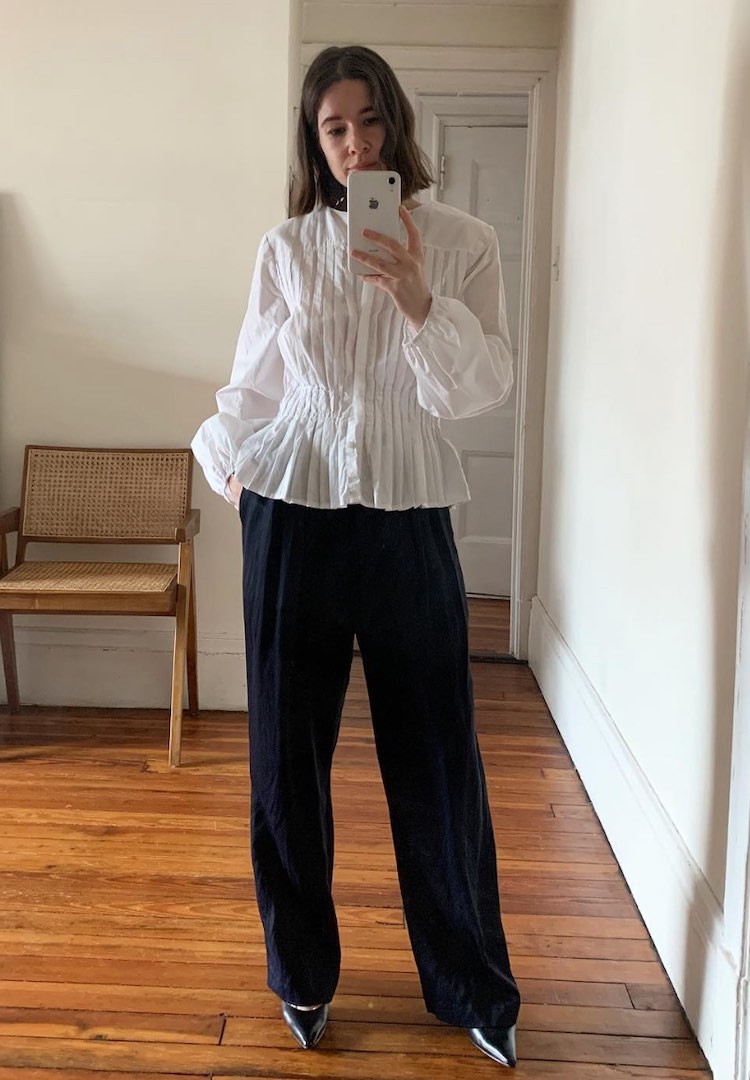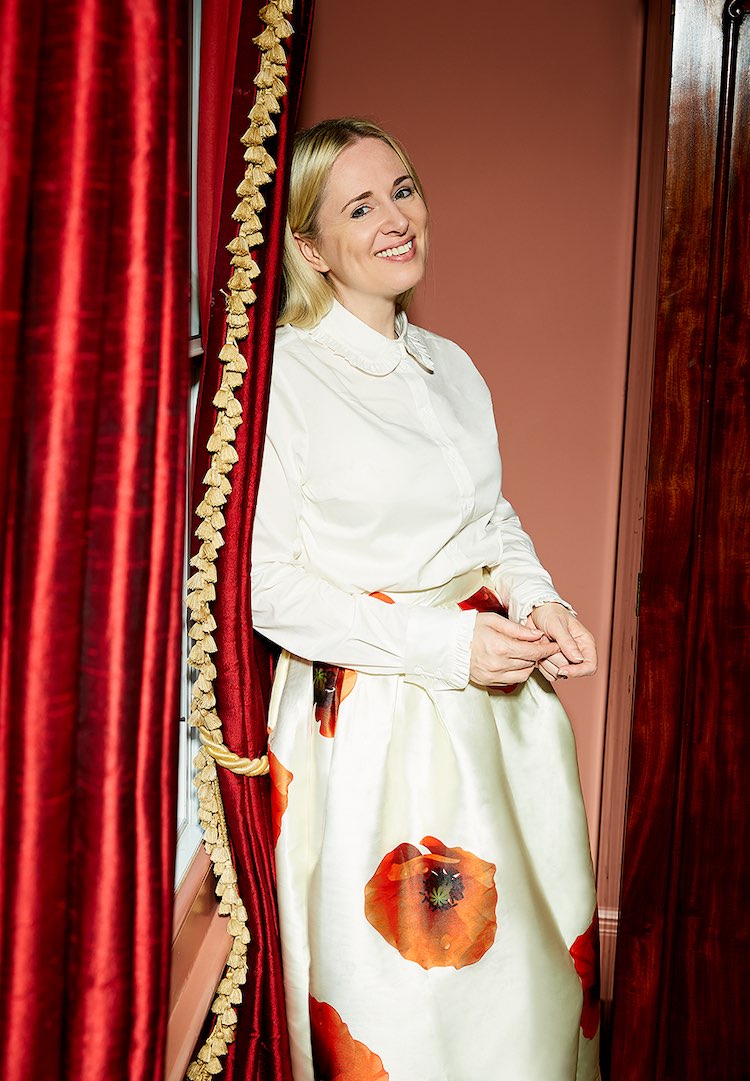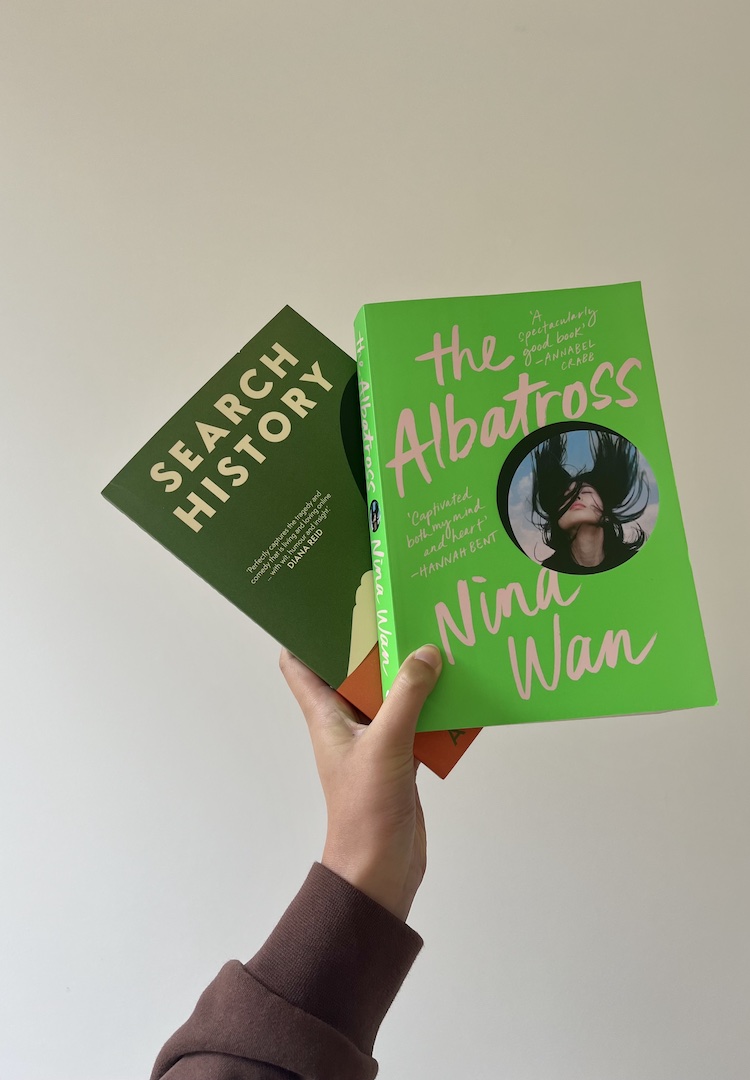‘Love and Virtue’ author Diana Reid on how to improve your writing
IMAGE VIA @READMYBLURB/INSTAGRAM
WORDS BY NINA MIYASHITA
“When you’re drafting, avoid criticism at all costs. Trick yourself into thinking that nobody will ever read it. Write like you’re going to delete the whole thing when you wake up in the morning.”
I still remember the exact moment I decided I wanted to be a writer. I was 11 years old and had just finished one of my first-ever short stories for school. Glowing from my teacher’s praise, I read my words back to myself proudly and I knew then and there this was all I ever wanted to do.
But the dream of being a writer hasn’t always been as simple and rewarding as I found it at 11. There have been drafts that never saw the light of day and years at a time when I barely wrote a thing. Doubt, fear and frustration creep in at unfortunate intervals and keep me from my craft. And I know any artist of any medium will understand this feeling all too well.
For more useful advice, try our Life section.
So, what do we writers do about it? I had the absolute pleasure of speaking with one of my all-time favourite authors, Diana Reid, to find out more about the process of writing, how to succeed and how to cope when you don’t. Diana Reid is a Sydney-based Australian author, whose debut novel Love & Virtue was a bestseller and the winner of a number of prestigious literary awards.
She was named Sydney Morning Herald’s Best Young Novelist in 2022, and she’s recently published her second novel, Seeing Other People. (If you haven’t read her work yet, that needs to go straight to the top of your priority list.) And when it comes to wisdom on the art of writing, she doesn’t gatekeep and she certainly delivers.
Did you always know you wanted to be a writer? What drew you to it?
I’ve always been a big reader, and in hindsight, being a writer makes sense – a lot of the pleasure I derive from reading is in wondering how the author has achieved a particular effect. I love analysing their technique and trying to understand it, like taking apart a machine to see how it works. But for the longest time, it just didn’t occur to me that a career as a writer might be a viable option.
Even while I was writing my debut novel, Love & Virtue, I didn’t think of myself as ‘a writer’. I just thought I was someone who was writing a book for fun. (The lesson there, if there is one, is that those two things are the same!)
How often do you spend writing? Do you discipline yourself to write a certain amount every day/week/month?
I’m fortunate enough to be able to write full-time, so I basically try to keep ‘business hours’. I go to the desk five days a week and I discipline myself with words and tasks rather than hours. So I’ll go through periods where I have to do 1,000 words a day or, if I’m editing, where I have to fix one scene a day.
What’s the hardest part about writing as a job?
I’m lucky that writing as a job still feels like a novelty and a privilege, and I still enjoy every step of the process. I do find the constant disappointment difficult, with the days that I procrastinate more and write less than I would have liked.
How true is the idea of ‘writing what you know’?
Big, big question! The answer depends on what you understand by ‘knowledge’. If you mean: write what you have witnessed or experienced, then false (and, in my case, a bit dull). But we know so much more than what we’ve actually seen or done. Without much concrete evidence, we can know how our loved ones are feeling, and sometimes even what they’re thinking, or whether we trust them.
I would say that I know who Anna Karenina is, or what it feels like to love someone above my station in Regency England, or why Connell and Marianne are well-suited. So if by ‘write what you know’ we mean write what you are capable of imagining – what feels real – then true. True as long as you’re also alert to the limits of your imagination, and curious and patient enough to try to expand it through listening and research.
What are some of the best pieces of advice you’ve ever received about writing?
When I was writing my first book, I read lots of interviews with writers online. Annoyingly, I can’t remember who (if anyone) said exactly this, but what I took away was: turn up to the desk. Obviously, there are structural reasons why turning up to the desk is far easier for some, but I think the basic insight is that wanting to write will never make you a writer. You have to turn up and write something.
Like any artist, writers often deal with a lot of rejection and criticism. What do you think are the best ways to cope with it?
For rejection, you have to remember that all artistic opportunities come from equal parts talent (the quality of your work) and luck (right time, right place). So if you’re rejected, you have to remind yourself that your work isn’t necessarily bad, you might just be experiencing bad luck.
Criticisms, however, only go to quality, so they’re harder to dismiss. I try to be grateful for criticisms because, at the end of the day, it’s nice that someone cares enough about my work to read it and think about how to improve it.
In your opinion, is there such a thing as ‘bad’ writing? How would you suggest writers try and improve their skills?
Writing can definitely be boring. I think the best way to improve is to be disciplined about how you engage with criticism. When you’re drafting, avoid criticism at all costs. Trick yourself into thinking that nobody will ever read it. Write like you’re going to delete the whole thing when you wake up in the morning. This will make you unselfconscious, and things will pour out of you that you didn’t know were in there.
Then when you’ve finished a draft, be open to criticisms – especially cuts. You have to remember that if you’re writing to be published, then you’re asking strangers to give you hours of their time. You owe it to them to make it interesting.
If you could only say one thing to any aspiring writers out there, what would it be?
Don’t wait for someone else to give you permission. If you want to be a writer, start writing.
For more tips on writing, try this.


